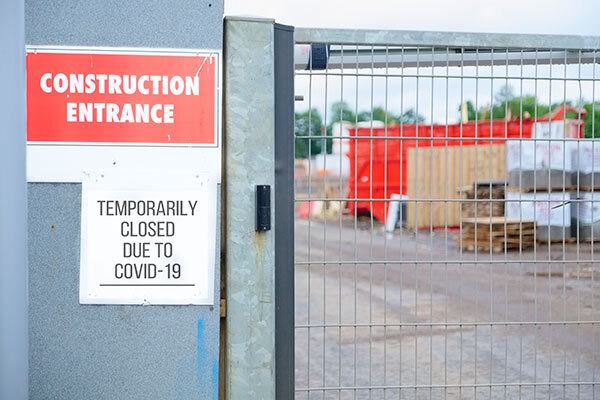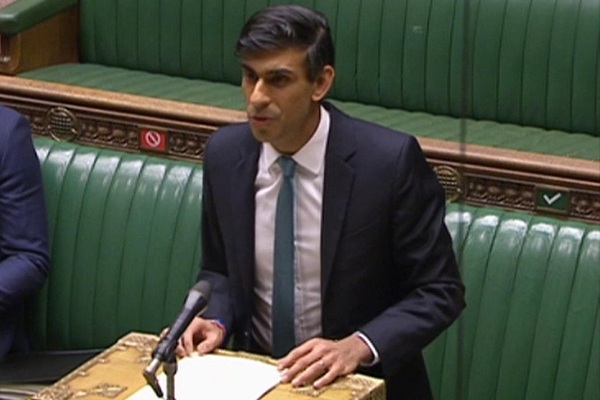You are viewing 1 of your 1 free articles
The week in housing: cladding crisis and zero carbon
A weekly round-up of the most important headlines for housing professionals.
Good afternoon. Two significant stories this week concerned the cladding crisis, which after months of stasis shows sudden signs of moving towards a denouement – or at very least, the next phase.
Sign up to get this email directly to your inbox here
First, we learned of a proposal from insurance guru Michael Wade to solve the problem with private finance. His idea is 30-year loans to buildings (ie the freeholder), with the repayment costs then transferred to leaseholders. His hope is that a combination of government support and low interest rates could bring these costs down to around 1%.
His proposal has gone down like a bucket of cold sick with leaseholder groups, however, who have put forward an alternate proposal: a special purpose vehicle that takes a loan from the treasury and recoups it via a system of levies and taxes.
The government has committed to neither plan, but it is a fair bet that we will be hearing more along these lines in coming months.
The Grenfell Tower Inquiry continued its record of recent shocking disclosure, this week moving into the question of the lobbying of politicians after the fire by one of the insulation companies that supplied some of the combustible materials used on the facade.
Sustainability continues to dominate the social housing debate at the moment, with the Committee on Climate Change recommending that a target for Energy Performance Certificate Band C for all social homes be brought forward two years from its current 2030 date.
In Scotland, the government is consulting on a new standard for zero-emission heating in all new builds from 2024, a change that will have a major impact on the ground (source heat pump).
Meanwhile, data from the National Housing Federation suggests that 75% of English housing associations are formulating net-zero plans – although only 8% have already done so.
One Welsh organisation also put out its own plan for how it will decarbonise by 2030, in line with that country’s more ambitious target.
Elsewhere, there was blistering criticism of the English government’s housing policy in recent years from a cross-party committee of MPs tasked with overseeing the spending of public money. Their focus was a failure to deliver Starter Homes despite investment of £173m in the purchase of sites, but they used the opportunity to make an astonishing broadside on the government’s efforts per se.
Monday also saw an important piece of data released about the impact of COVID-19 on the ability of tenants to keep up with the rent, with a revelation that arrears are 40% higher in the areas with tightest restrictions.
Editor’s picks: five must-read stories
Campaigners have designed a proposal to fund post-Grenfell cladding remediation through a system of levies and taxes following the provision of upfront funding for remediation work.
- The five ways the government is failing on housing policy according to the Public Accounts Committee
The influential Public Accounts Committee’s assessment of government housing policies over the past few years will make difficult reading for ministers. Dominic Brady takes a look at the key criticisms put forward
The Social Housing White Paper has emphasised the need for improvements in complaints handling. Our new reports will help that process, writes Richard Blakeway
Peter Apps looks at why the state of Victoria in Australia has had more success than the UK in identifying buildings with flammable cladding
Ministers’ target to bring all social housing up to an Energy Performance Certificate (EPC) of C by 2030 should be brought forward by two years, the government’s advisors on climate change policy have said in a major new report.
Sign up for our Week in Housing newsletter
Already have an account? Click here to manage your newsletters










